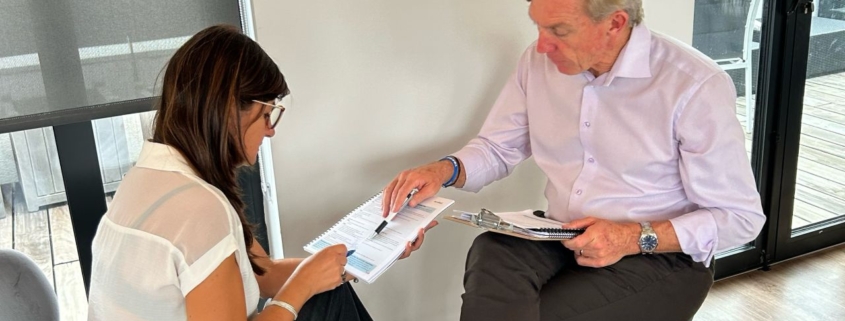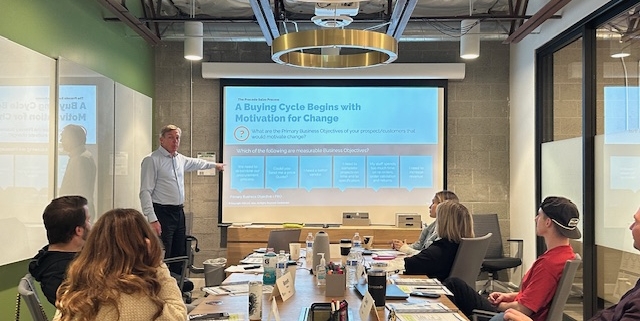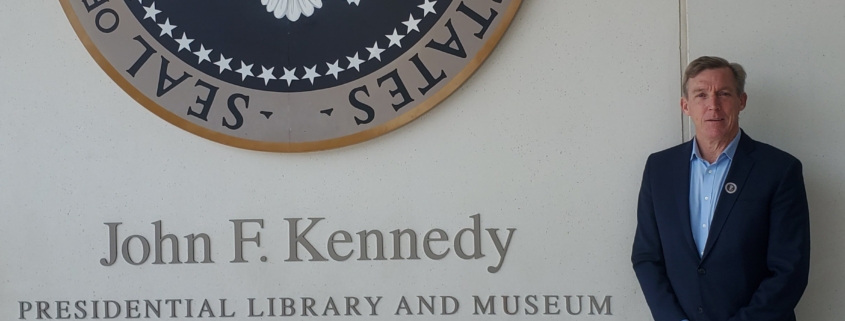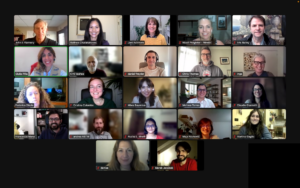In sales, “deal slippage” is a term that causes immediate concern. It refers to the delay or loss of a deal that was expected to close in a specific time frame. When deals slip, it disrupts forecasts, impacts revenue targets, and can reduce team morale. But why do deals slip, and how can sales professionals reduce the chances of this happening?
Why Deals Slip
Deals often slip due to a range of factors, including budget constraints, competing priorities, or decision-makers having insufficient information to justify the purchase. Additionally, if customers don’t see the unique value in what you’re offering, they’re less motivated to prioritize your solution over other options.
Preventing Deal Slippage by Emphasizing Value
One effective way to combat deal slippage is to ensure your customers clearly understand the value of your product or service. If customers are crystal clear on how your offering addresses their specific challenges, they’re more likely to prioritize your solution and move forward in the buying process.
Here are a few practical steps to keep customers focused on the value of your product:
- Quantify Benefits: Make it easy for customers to see the return on investment (ROI) your solution provides. Use real-world examples, testimonials, and case studies to show measurable outcomes.
- Address Pain Points: Frame your product or service as a direct answer to their needs. Customers are more likely to commit when they feel their unique challenges are understood and addressed.
- Provide Ongoing Value: Don’t wait until the end of the sales process to reinforce value. At every touchpoint, offer insights, data, and resources that help the customer see how your product fits into their long-term strategy.
- Educate Decision-Makers: Equip your champions within the organization to advocate for your product effectively. Provide them with clear, concise materials that they can share with other stakeholders.
By focusing on value and consistently reinforcing it, sales teams can strengthen customer commitment and keep deals moving forward. When customers see clear, tangible benefits, deal slippage becomes far less likely—resulting in more successful closes and stronger, long-term customer relationships.










